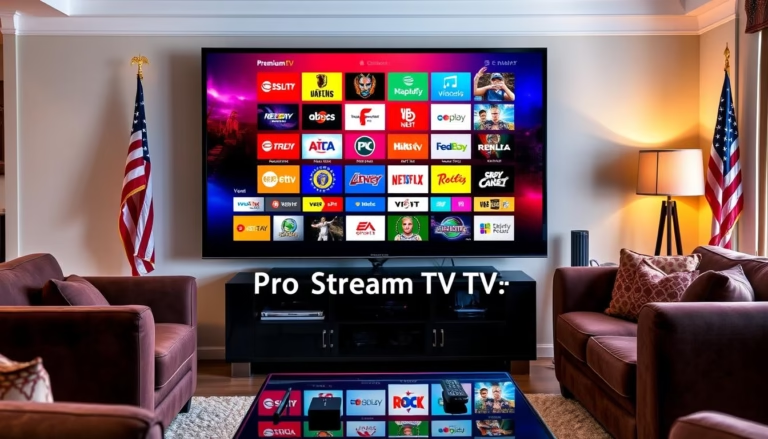Understanding the Legalities of IPTV Services
Is IPTV legal? This question has become more pressing as IPTV (Internet Protocol Television) gains popularity. IPTV allows users to stream live TV and on-demand content over the internet, making it an attractive alternative to cable and satellite TV. However, its legality depends on several factors.
What is IPTV?
IPTV stands for Internet Protocol Television, delivering content over the internet instead of traditional broadcasting methods. This technology lets users stream TV shows and movies on smart TVs, phones, tablets, and computers. But is IPTV legal? The answer depends on the source and method of content delivery.
The Legality of IPTV Services
- Licensed Content: Services with proper licenses and agreements are generally legal. These providers pay for the rights to stream content, ensuring copyright holders are compensated.
- Unlicensed Content: Services offering pirated or unlicensed content are illegal, violating copyright laws and putting users at risk.
- Subscription-Based Services: Many legitimate IPTV providers operate on subscription models, similar to Netflix or Hulu, as long as they follow licensing regulations.
How to Identify Legal IPTV Services
- Look for Licensing Information: Legal providers usually share details about licensing agreements.
- Avoid Free IPTV Services: Be cautious with free services that offer vast channel access; they are often illegal.
- Research the Provider: Check reviews and user feedback to assess the provider’s credibility.
- Use Reputable Services: Choose well-known providers with a history of complying with legal standards.
Legal Implications of Using Illegal IPTV Services
- Fines and Penalties: Users and providers of illegal services face fines and legal repercussions.
- Data Security Risks: Illegal services may expose users to malware and phishing attacks.
- Service Shutdowns: Authorities often shut down illegal services, disrupting users’ access.
Understanding the Differences Between Legal and Illegal IPTV Services
- Legal IPTV Services: These operate within legal boundaries, compensating content creators.
- Illegal IPTV Services: These services stream content without permission, violating copyright laws.
The Role of VPNs in IPTV
While a VPN can add privacy, it does not make illegal IPTV services legal. A VPN provides data protection but doesn’t change the service’s legal status.
Conclusion: Is IPTV Legal?
So, is IPTV legal? Yes, if the provider has the necessary licenses. Choose reputable, legally compliant IPTV providers to enjoy safe streaming without legal risks.











